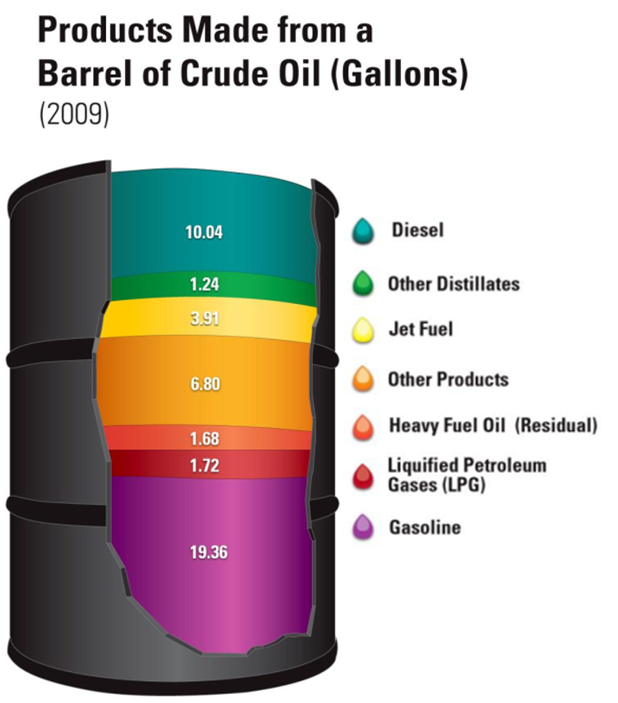In the wake of the release of the IPPC AR5 Report there has been a great deal of speculation regarding the UK Government's position on the issue of climate change. Senior politicians have comments that whilst they recognize the seriousness of the threat, they are uncomfortable with the idea of the UK leading international efforts to reduce carbon emissions as this may damage UK competitiveness.
There has even been talk that the national carbon budget, enshrined in the Climate Change Act, may be reviewed.
This, in my opinion, would be a mistake-
The price of a barrel of crude in 2003 was around $25
The price of a barrel of crude today is over $110
Source; http://www.ioga.com/Special/crudeoil_Hist.htm

In 1956 M. King Hubbert, a geologist for Shell Oil, predicted the peaking of US Oil production would occur in the late 1960s. He was correct

In 1956 M. King Hubbert, a geologist for Shell Oil, predicted the peaking of US Oil production would occur in the late 1960s. He was correct
Today we consume around 4 times as much oil as we discover, and this disparity is accelerating, fueled by demand from developing economies.
This is why it has become economic to extract from expensive unconventional sources- such as tar sand and fracking.
Leaving aside the fact of climate change, the cost of oil will only increase,.
The Carbon budget is not there to serve as a sop to the greens. It is there because there is an urgent need to "decarbonise" our economy, and in an uncertain world, the national carbon budget, enshrined in law, provides a pole star for investors who are contemplating financing long term infrastructure.
If we can enhance the efficiency of economic production through energy efficiency and diversification of our generation portfolio- i.e. a mix of nuclear, renewables and gas, we can develop competative advantage for home grown industry.
However this investment will only come if there is certainty on our direction of travel.
However this investment will only come if there is certainty on our direction of travel.
Quite simply, regardless of climate change, altering the carbon budget, which is intended to gently push the UK down the low carbon path is bad economics which puts short term issues ahead of the national interest.